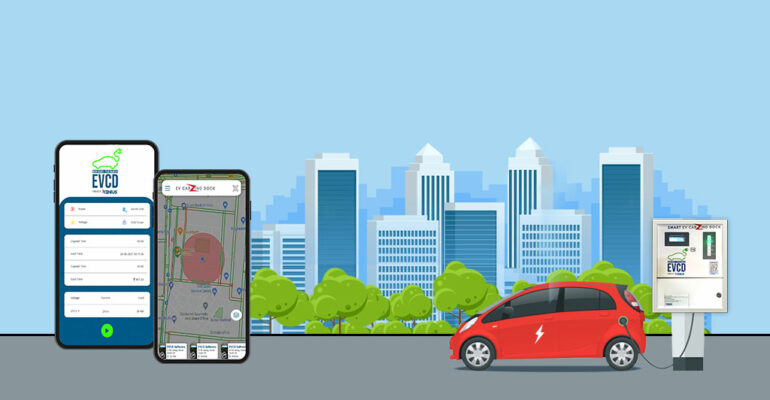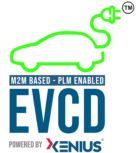IoT application in the automotive industry
September 12, 2022 2022-09-13 9:19IoT application in the automotive industry

IoT application in the automotive industry
Road transportation accounts for more than 10 per cent of global carbon emissions. That is why we must act now
The commercial EV market is rapidly expanding as a result of central Government policies
The adoption of electric vehicles (EVs) is vital for an economically and environmentally conscious world. To secure the future of coming generations, switching to EVs is ideal, also because it is imbued with a technology that includes the use of a battery pack that is powered by the Internet of Things (IoT). Thanks to the efforts of the Indian Government, EVs are increasingly becoming more commercially viable.
Future of EVs in India
EVs (Electric Vehicles) are here to stay. Many critics claimed that EVs were a passing fad, but global sales have proven them wrong. Internationally, ‘range anxiety’ in the electric vehicle industry is at an all-time low due to an increase in much-improved batteries, and India is no exception in terms of overall adoption.
Why switch to EVs
The actions we take today to combat global warming will determine the future of our children and grandchildren. Road transportation accounts for more than 10 per cent of global carbon emissions. That is why we must act now to transition from Internal Combustion Engine (ICE) to Battery Electric Vehicle.
Challenges in adoption
Adoption of EVs remains a problem in less industrialized nations due to a few social and technical factors. One of the main reasons for the slow adoption of EVs is that developing countries have much lower per capita incomes than developed countries. When compared to ICE-powered vehicles, EVs are slightly more expensive
Role of IoT in adoption
EV users can plan their route ahead of time using IoT by locating all EV chargers on their mobile device. This technology also provides an EV user with real-time information on how much battery power is remaining and how far an EV can travel before requiring a charging station.
Application of IoT
IoT is also being used to power the EV battery pack. The battery pack includes smart sensors and a gateway with 4G/5G connectivity that can send notifications about the current status of an EV battery to the user and other stakeholders.
What the future holds
The commercial EV market is rapidly expanding as a result of central Government policies. Furthermore, IoT has diverse application in the energy sector to provide a wide range of applications, including transmission and distribution, energy supply, power generation, renewable energy integration, load demand management and so on. However, it will be fascinating to see how the rest of the world assists India in its transition to an EV ecosystem.


